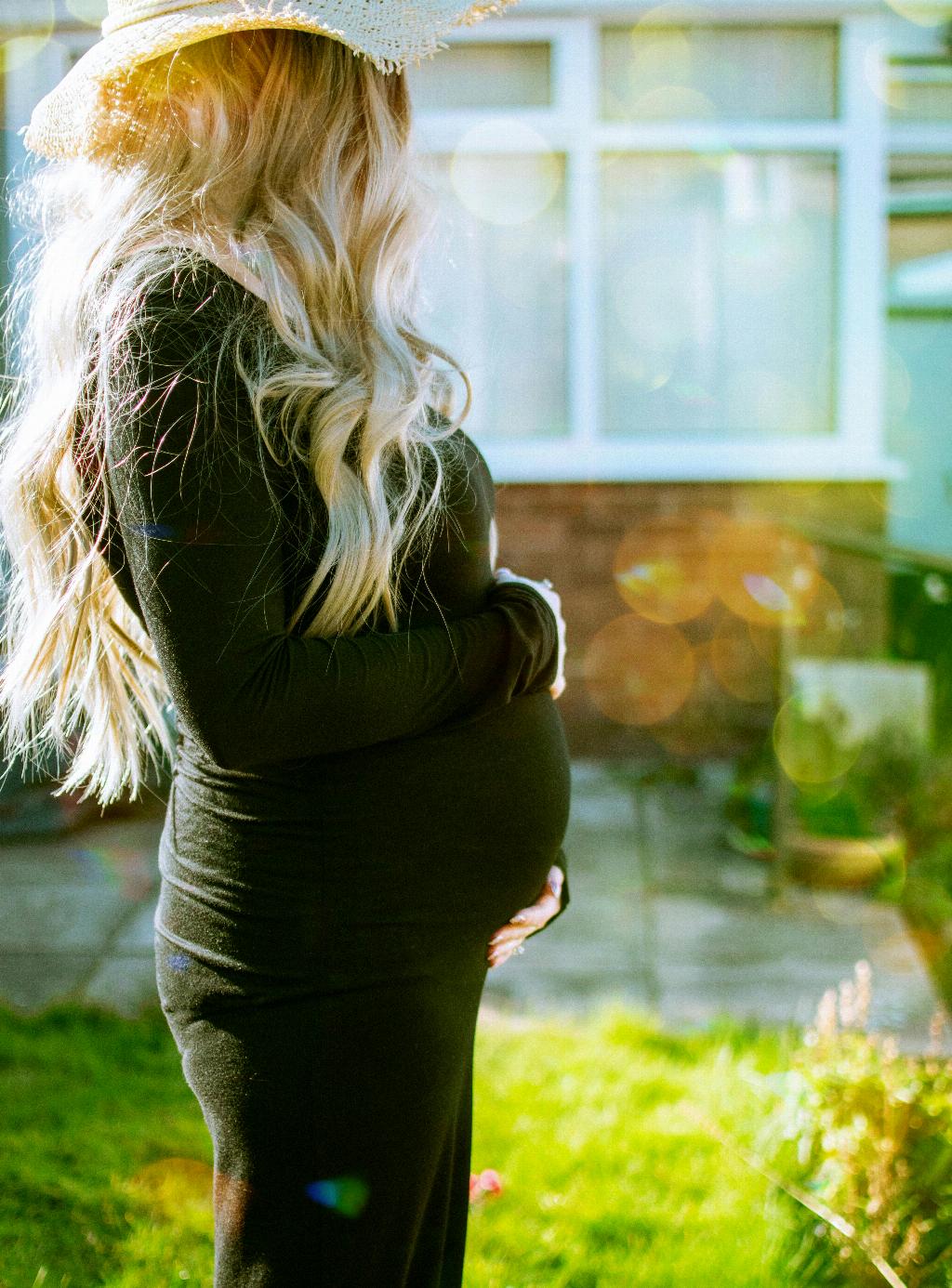During pregnancy, many women may experience allergies or allergic reactions and wonder if it is safe to take medications such as Claritin. It is crucial to prioritize the health and well-being of both the mother and the developing fetus, making informed decisions about medication usage essential.
Consulting with a Healthcare Provider
Before taking any medication, including over-the-counter drugs like Claritin, pregnant individuals should consult with their healthcare provider. While Claritin is generally considered safe for use during pregnancy and nursing, it is essential to seek professional medical advice before starting any new medication regimen.
Understanding the Safety Profile of Claritin
Claritin, also known by its generic name loratadine, is a second-generation antihistamine commonly used to alleviate symptoms of allergies such as sneezing, runny nose, and itching. Studies have suggested that Claritin does not pose significant risks to the pregnant individual or the developing fetus when taken as directed.
Assessing the Potential Risks and Benefits
While Claritin is generally considered safe during pregnancy, it is crucial to weigh the potential risks and benefits of medication use. Some healthcare providers may recommend alternative non-pharmacological measures to manage allergy symptoms before resorting to medication.
Considering Individual Health Factors
Individual health factors and medical history can play a significant role in determining the safety of taking Claritin during pregnancy. Some pregnant individuals with certain medical conditions may need to avoid specific medications, including antihistamines like Claritin.
Exploring the Category B Classification
Claritin is classified as a Category B medication by the U.S. Food and Drug Administration (FDA) for use during pregnancy. Category B medications are generally considered safe based on animal studies, although controlled human studies may be limited.
Understanding the Pharmacokinetics of Claritin
Claritin has minimal systemic absorption and is unlikely to cross the placenta in significant amounts. This characteristic contributes to its favorable safety profile during pregnancy, as limited exposure to the fetus reduces the risk of potential adverse effects.
Exploring the Limited Data on Human Pregnancy
Despite the lack of extensive human studies on the use of Claritin during pregnancy, the available data and clinical experience support its safety and efficacy when used as directed. Pregnant individuals should follow their healthcare provider’s recommendations for medication use.
Considering the Benefits of Allergy Symptom Relief
Untreated allergy symptoms can lead to discomfort, decreased quality of life, and potential complications for both the pregnant individual and the developing fetus. When the benefits of symptom relief outweigh the potential risks, Claritin may be a suitable option under medical supervision.
Emphasizing the Importance of Medical Guidance
While Claritin is generally considered safe during pregnancy, it is crucial to emphasize the importance of seeking medical guidance before initiating any medication regimen. Healthcare providers can provide personalized recommendations based on individual health needs.
Final Thoughts on Taking Claritin During Pregnancy
When considering the question “Can I take Claritin if I am pregnant?” it is essential to prioritize safety, consult with a healthcare provider, and make informed decisions based on the available evidence. Claritin may be a suitable option for managing allergy symptoms during pregnancy under medical guidance.

